Rugged connectors: plastic or metal
Anyone in search of a rugged connector for a particular application will be confronted with a wide range of choices. Making the right choice is the hard part, so this blog post is focused on how to choose between a metal or a plastic connector and weighing up the advantages and disadvantages each type offers for different kinds of applications.
Choosing the most ideal connector first requires a careful assessment of the application and the conditions the connector may have to face during its life cycle. For example, in high-traffic industrial environments, connectors might be stepped on, thrown on the floor or pulled roughly. In outdoor applications, connectors could be exposed to freezing conditions, rain, mud or direct sunlight. In medical, food production and industrial environments, connectors could be exposed to corrosive chemicals and washed down with high-pressure sprays. Marine or coastal environments could expose the connectors to salt spray, humidity and even being completely under water.
Here are some of the pros and cons of plastic and metal connectors:
Advantages of plastic
- More options for customised designs
- Better ergonomics
- More flexible
- Lighter than metal
- Lower cost per connector
- Quick connects offer easy service and maintenance
- Can be colour-coded for easy identification
Disadvantages of plastic
- Not all types of plastic connectors are suitable for laboratory/industrial uses
- Plastic connectors may break/crack faster than metal
- Long-term exposure to heat or direct sunlight may decondition certain types of plastic, causing cracks and deterioration
Advantages of metal
- Extremely durable
- Resilient to high temperatures
- Stainless steel may be required in food-grade/sterile environments
- Withstands some corrosive chemicals better than plastic
Disadvantages of metal
- Heavier than plastic
- Higher cost per connector
- May rust in marine environments or if exposed to moisture for long periods of time
Despite some of the traditional limitations for plastic, new types of plastic compounds are now increasingly able to meet industry requirements in many harsh environments, and plastic is steadily replacing metal even in some of the most demanding and specialised applications, including laboratory and a wide spectrum of industrial environments.
Bulgin’s wide range of both plastic and metal power, data and signal connectors for harsh environments means that the perfect rugged connector is easily obtainable from your distributor of choice.
Source: community.element14
Related products...
fiber-optic-cable
fiber-optic-cable
fiber-optic-cable

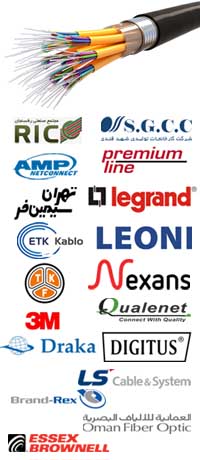
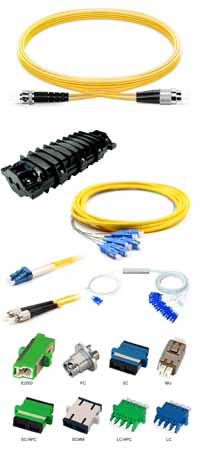
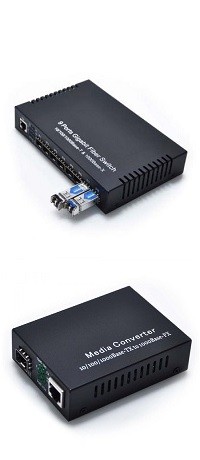
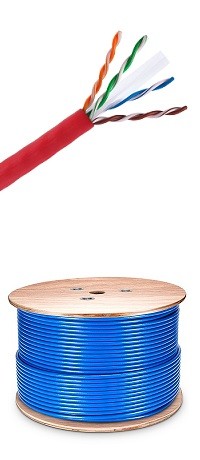
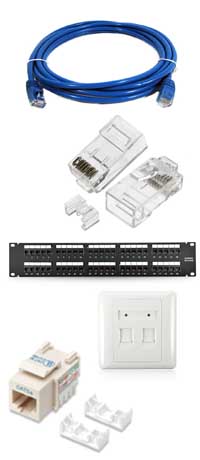
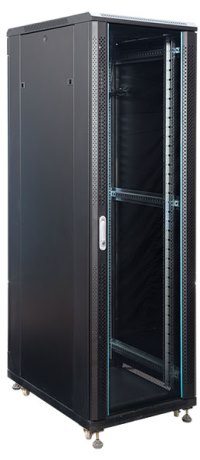
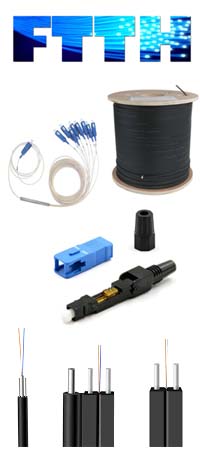

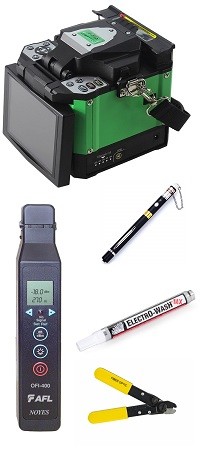
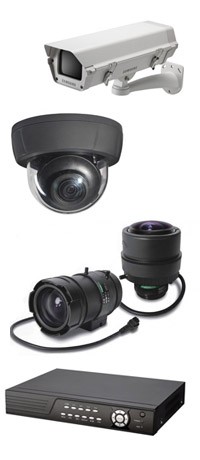
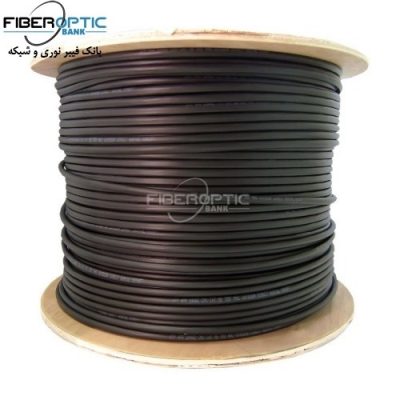
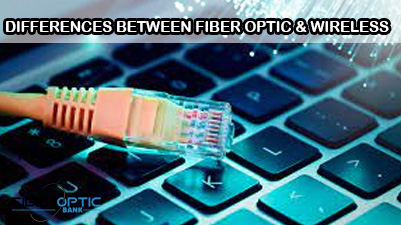
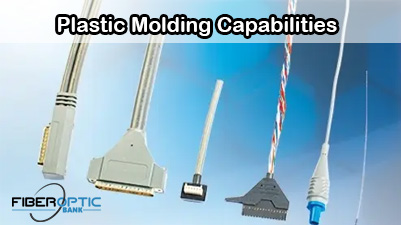
[ratings]